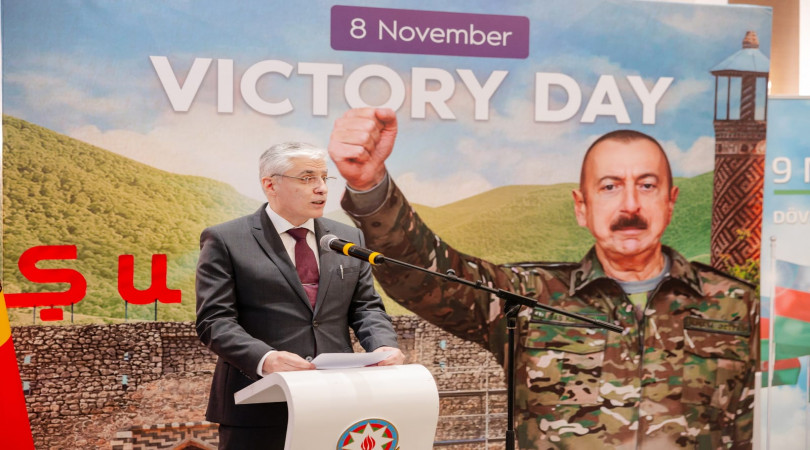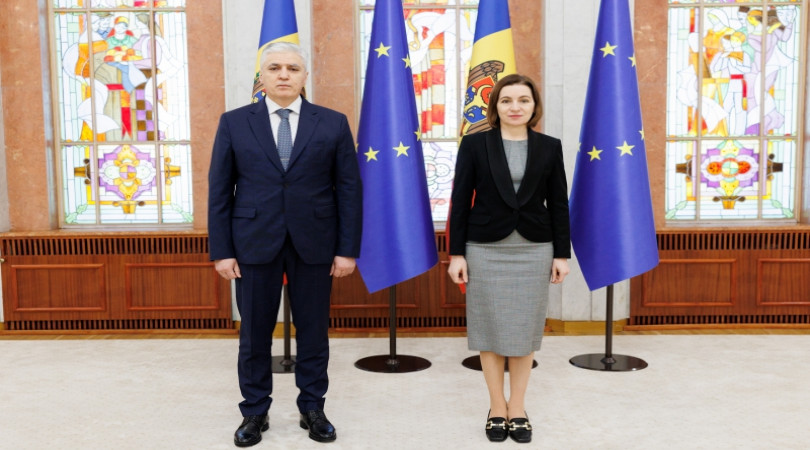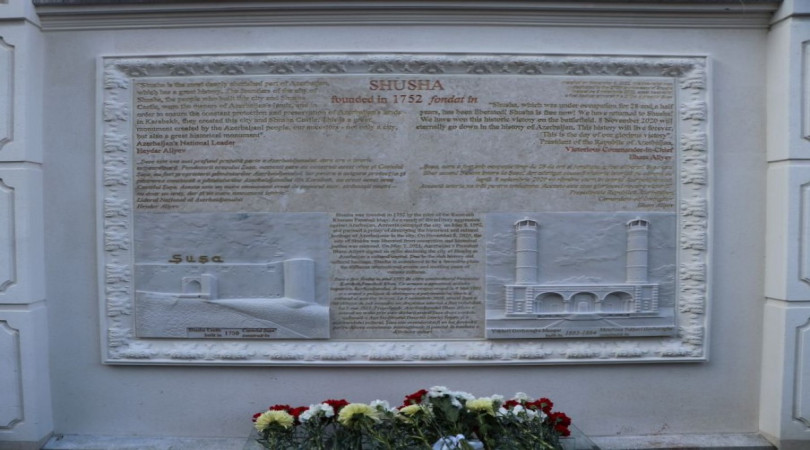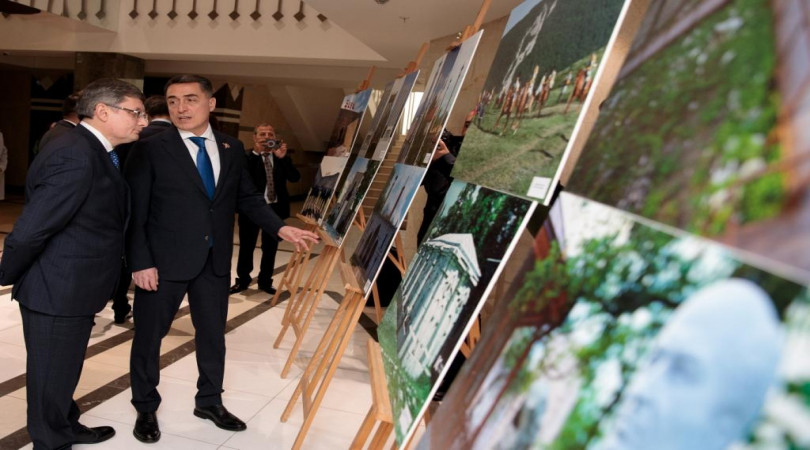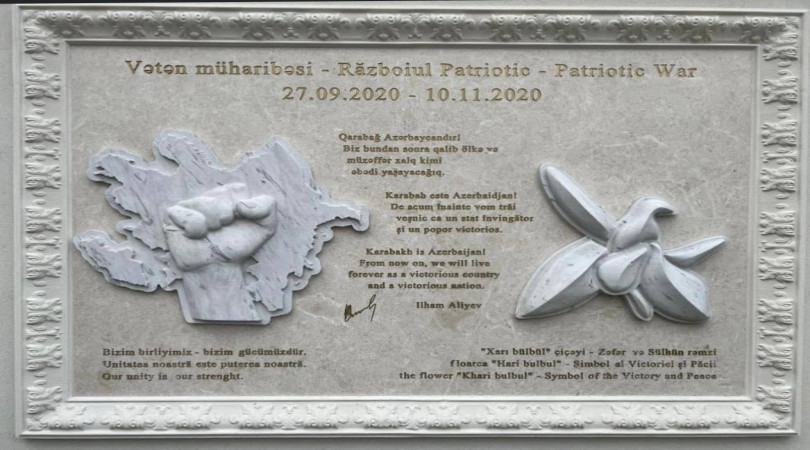04-09.12.2017-ci il tarixlərində Cənubi Koreyanın Jeju adasında keçirilən YUNESCO-nun Qeyri-maddi Mədəni İrsin Qorunması üzrə Hökumətlrəarası Komitənin 12-ci sessiyasında Azərbaycan dolmasını qeyri-maddi mədəni irs kimi tanınmışdır.
Dolma tradition is a set of knowledge and skills relating to the preparation of the traditional meal ‘dolma’, which takes the form of small fillings (containing meat, onion, rice, peas and spices) wrapped in fresh or pre-cooked leaves or stuffed in fruits and vegetables. The name of the tradition originates from the shortened Turkic word ‘doldurma’, meaning ‘stuffed’. The meal is shared within families or local communities, with different methods, techniques and ingredients used to prepare the traditional meal by different communities. The tradition is present throughout the Republic of Azerbaijan, and is perceived as a central culinary practice in all regions. It is enjoyed on special occasions and gatherings and expresses solidarity, respect and hospitality. It is transmitted from generation to generation and transcends ethnic and religious boundaries within the country. Bearers consist of traditional cooking practitioners, mostly women, and the wider community of people that use dolma for various cultural and social purposes. The tradition is transmitted through parent-child relationships, while formal transmission mainly occurs in vocational and apprenticeship schools. The element enjoys great visibility within Azerbaijani society, and its viability is ensured by the communities through numerous awareness-raising activities and events such as festivals, vocational schools that teach the tradition and the preparation of publications on the subject.

